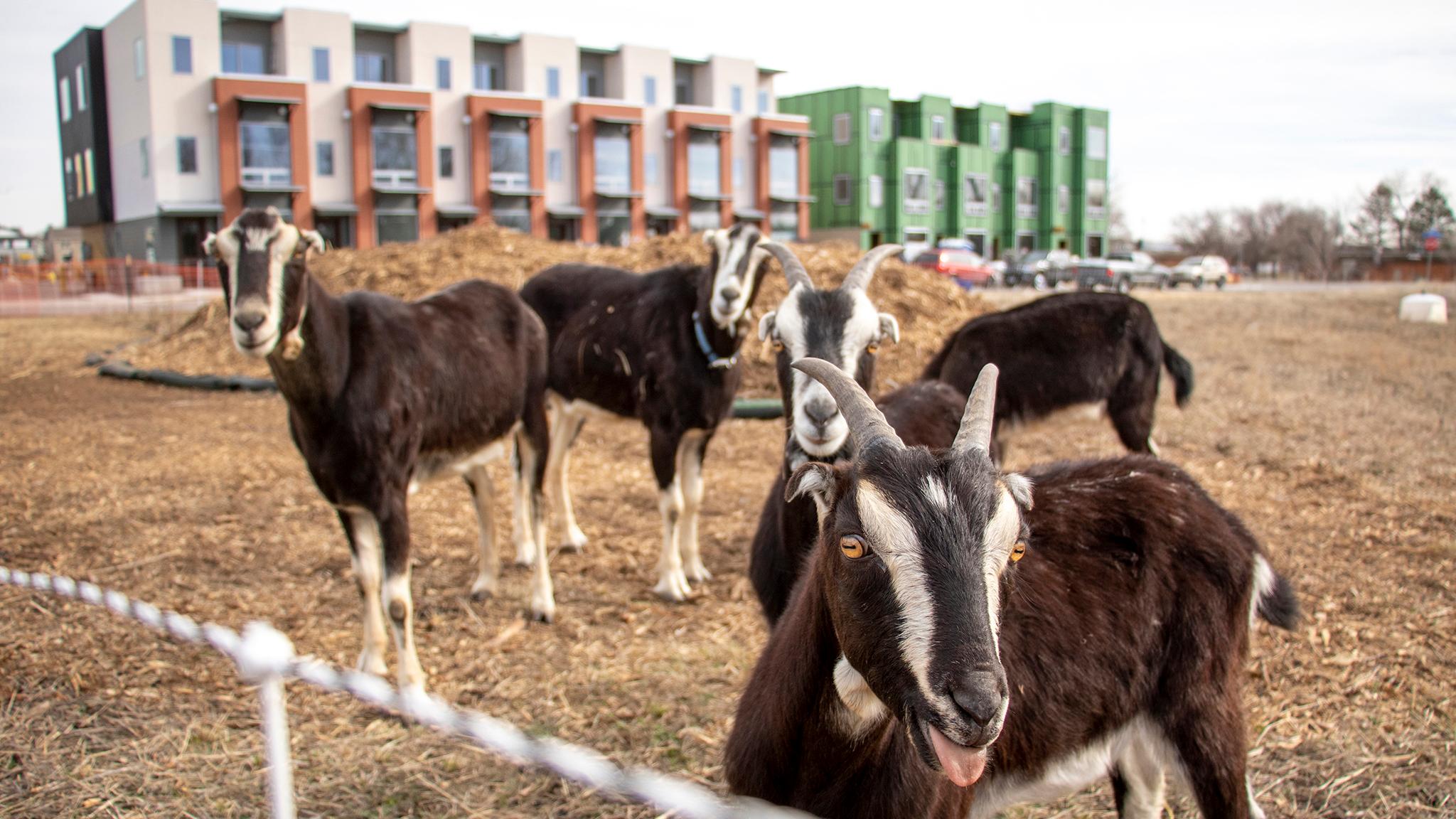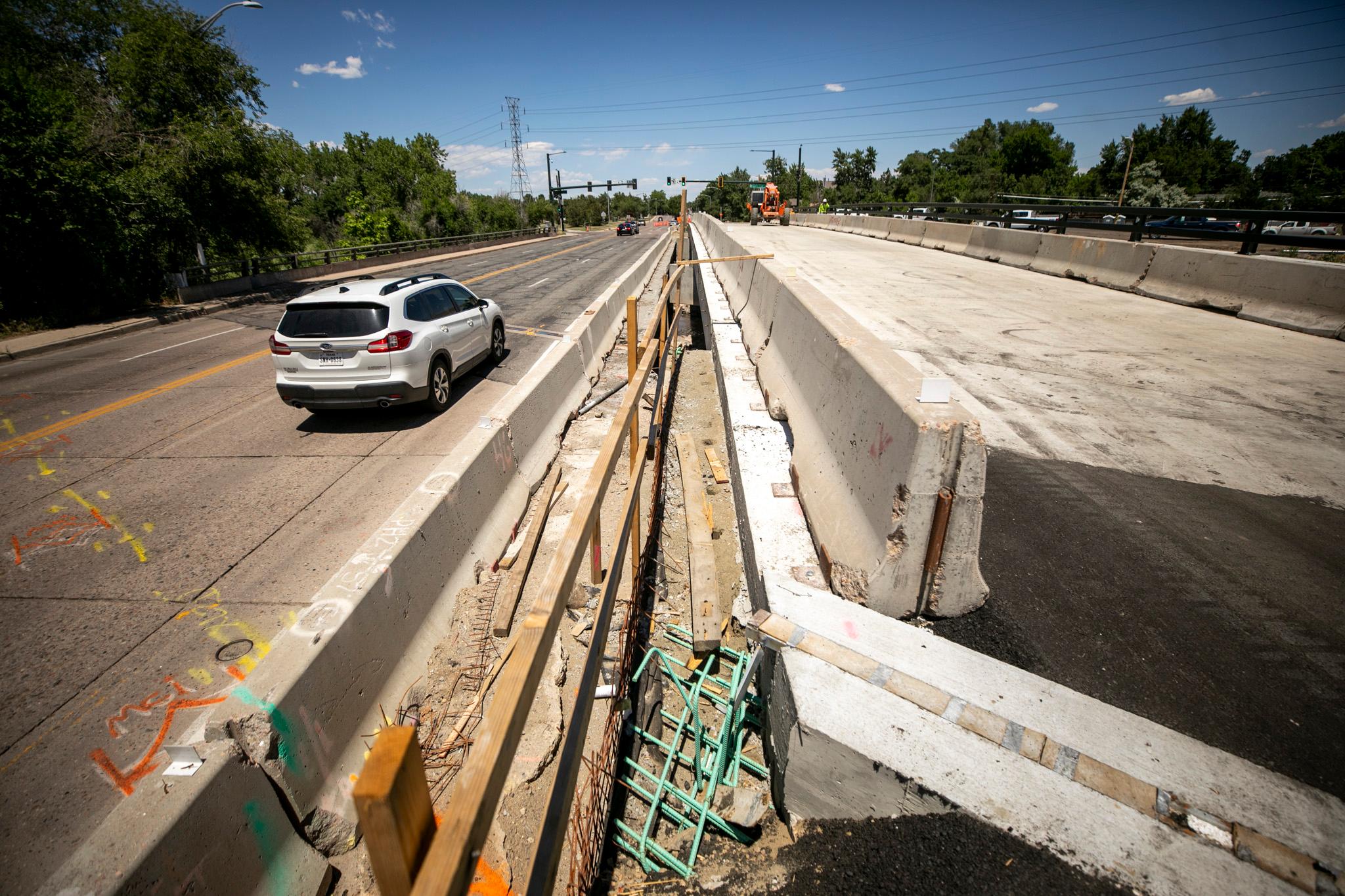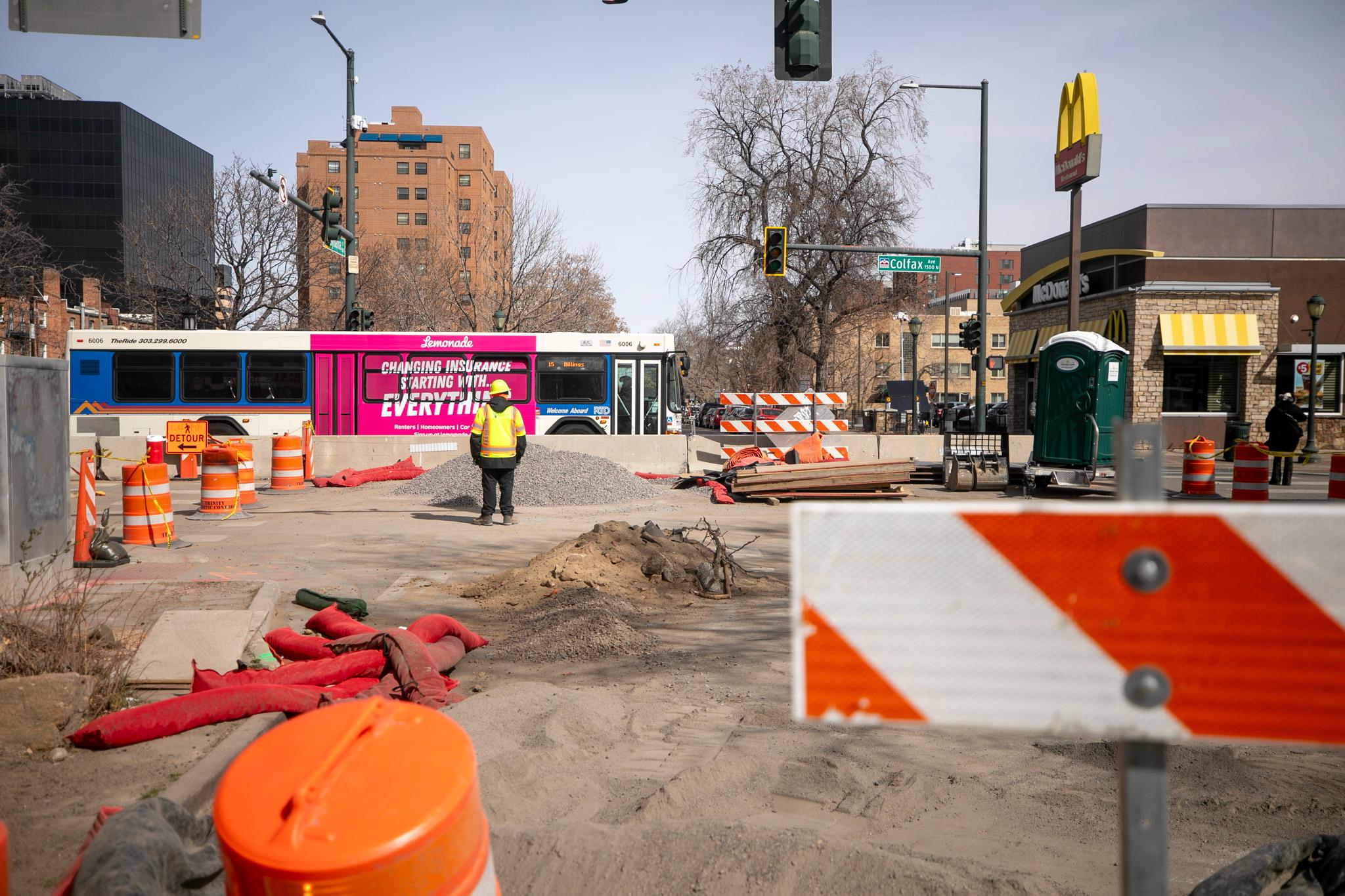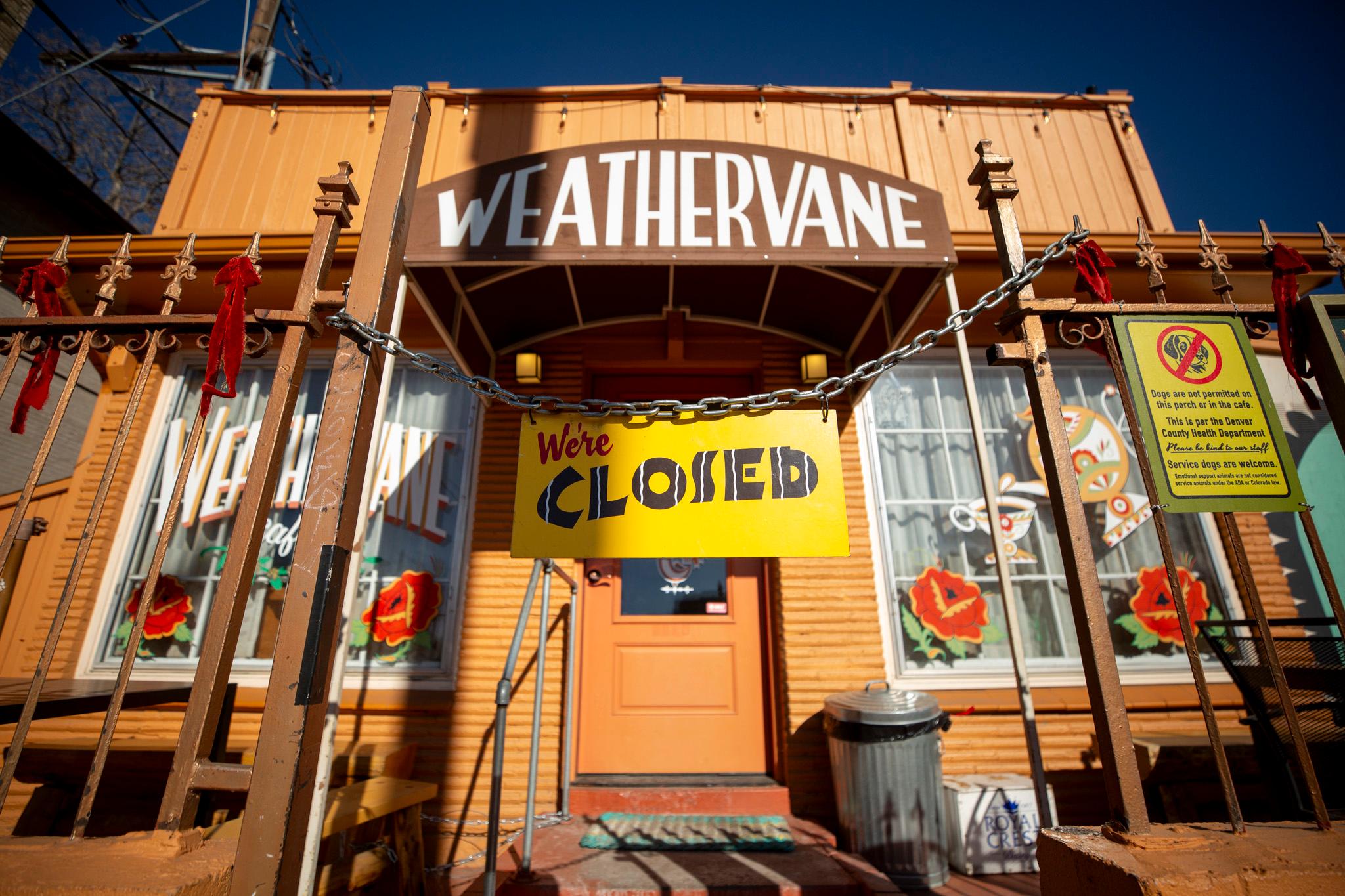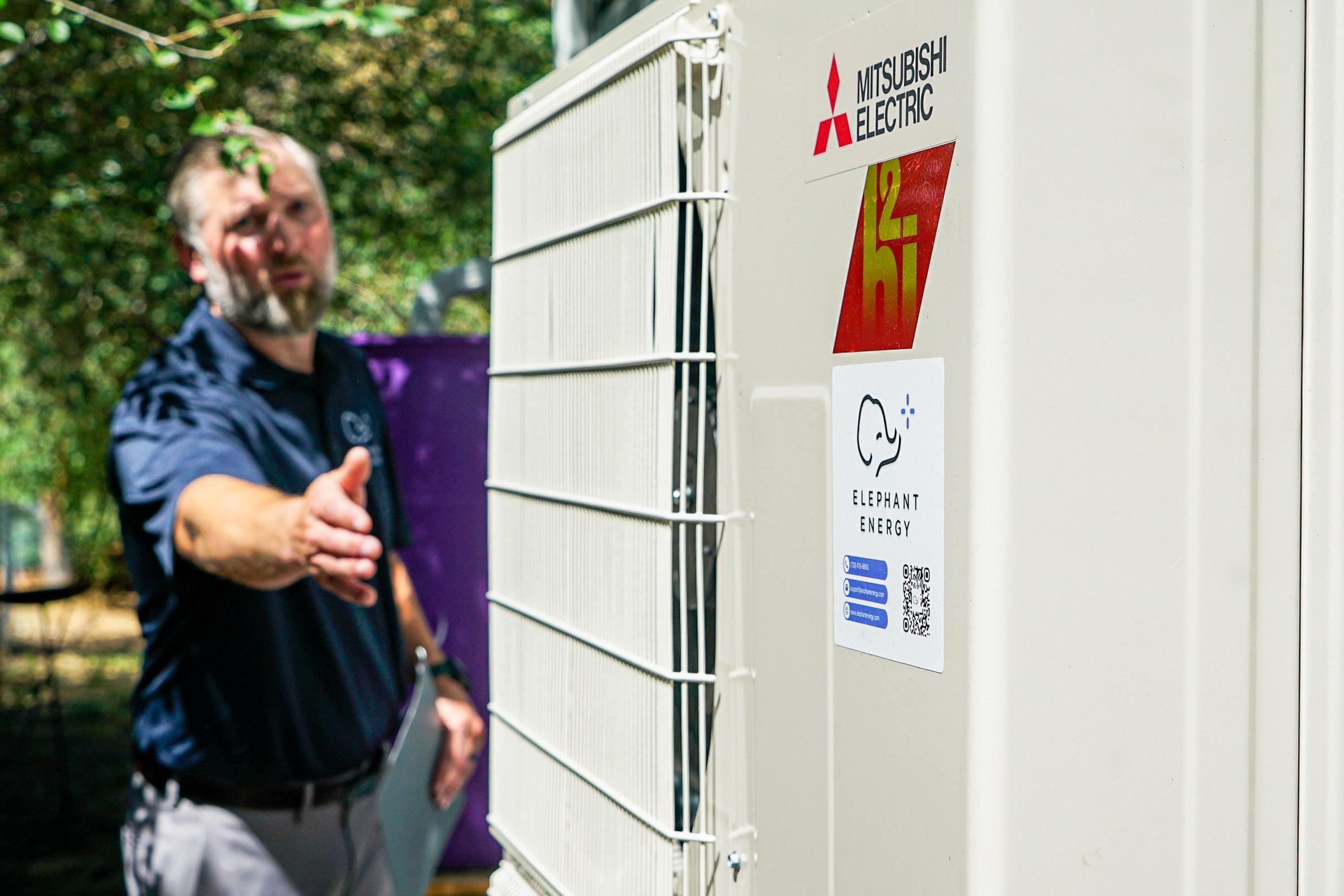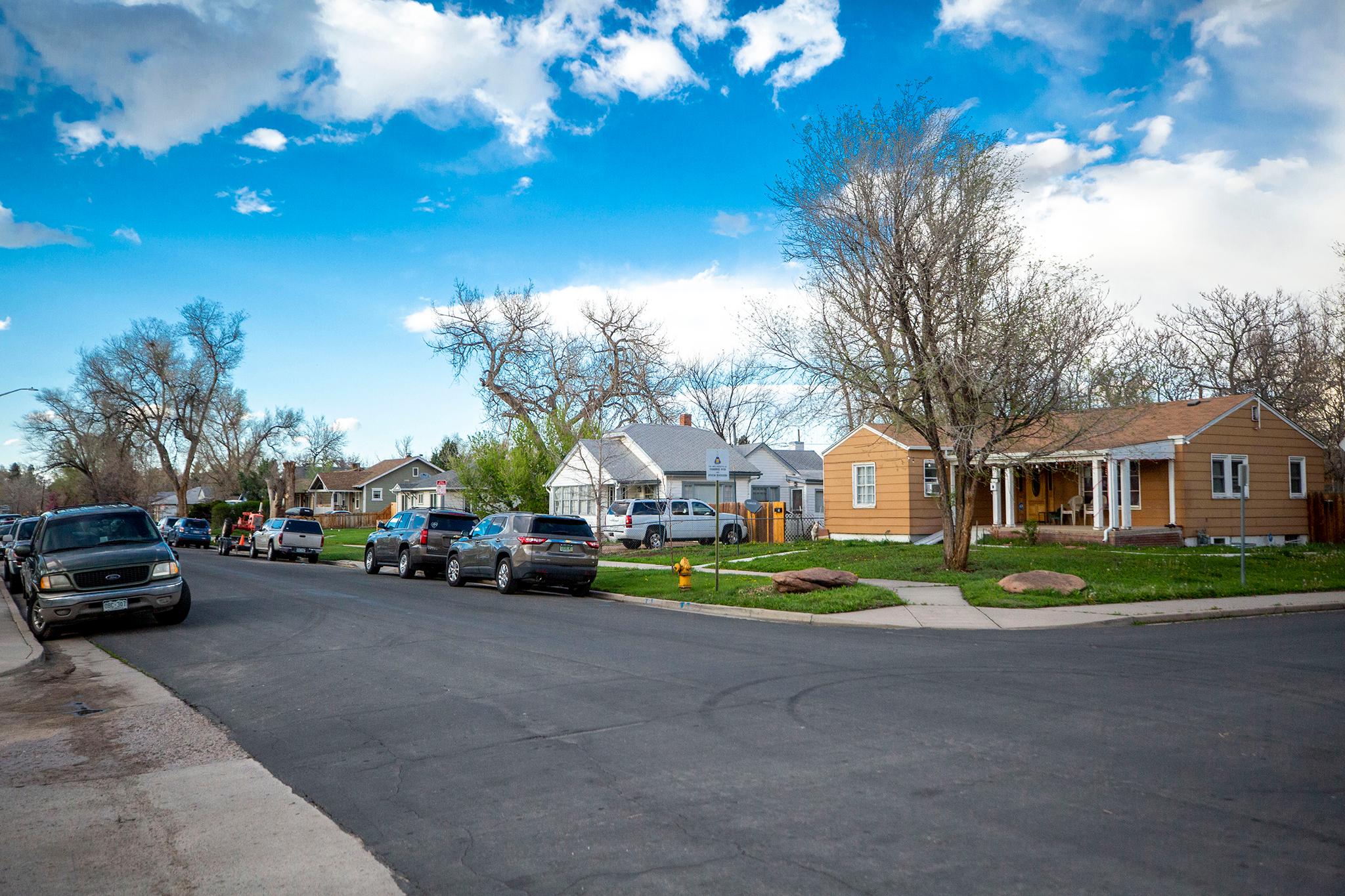International businessman turned local developer Norbert Klebl engineers a certain amount of buy-in from residents of his dense, energy-smart Geos neighborhood in Arvada.
Take the ventless dryers that, along with washers, come with each of his homes. Klebl installs a European model and says U.S. and Korean ventless machines are available if homeowners want to install their own. But if they want a traditional American dryer that needs to be vented through an inefficient opening in the wall, they are out of luck.
"There's no hole. They have no choice," Klebl said. He smiled as he pointed to the laundry closet off the main room of a three-bed, two-and-a-half-bath, 1,850-square-foot Geos townhome that sells for $470,000.
Klebl and a team that includes architects Michael Tavel and David Kahn and builder Cornerstone Contracting are finishing up the 30-unit first phase of a development expected to have a total of about 300 homes. It's a milestone in a project that Klebl first envisioned more than 15 years ago.
Geos homes range from 1,500-square-feet models aimed at singles that sell for $400,000 to four- and five-bedroom, 2,500-square-foot homes for $600,000. According to the latest survey from the Denver Metro Association of Realtors, the average home in the area sold for $461,101 in January.
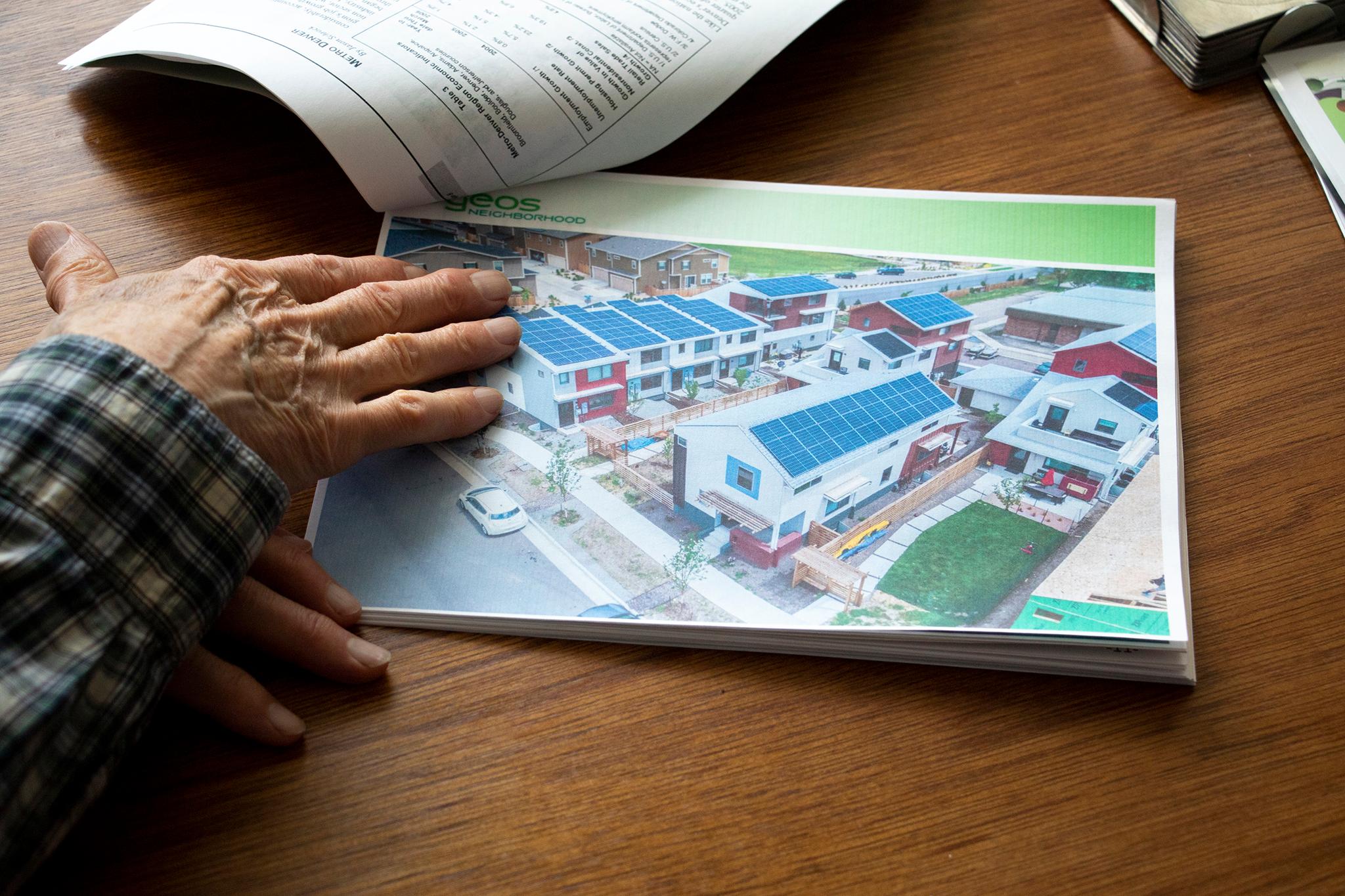
Geos prices include, in addition to the washers and dryers, triple-paned windows; LED lights; state-of-the-art balanced ventilation and air recovery units; and charging stations in garages that neatly fit two small electric cars and might persuade an owner to ditch a hulking SUV. Some of the houses have geothermal pumps that use energy stored in the earth to heat without burning fossil fuels.
All have solar panels on their roofs -- the geo in Geos is for earth and the S is for solar. Large windows on southern exposures help cut down on winter heating costs. Each home is located so that none casts a shadow on its neighbor. Klebl notes that Colorado has twice as many sunny days as his native Austria.
Klebl studied engineering in Austria before coming to the United States to earn an MBA from Columbia. He's had several careers, including working for an international management consulting firm in Germany and owning an Austrian company that manufactured woodworking machines. He discovered Boulder after his son went to CU, and has called Colorado home for the last 20 years.
His Geos homes are set close together with common gardens. Klebl limits advertising to lectures he gives at places like the National Renewable Energy Laboratory, posters on a nearby bike and pedestrian trail, social media and word of mouth. He also cuts out real estate agents to trim costs.
"I need to find a model which saves me some money so I can invest in the quality of the home," he said.
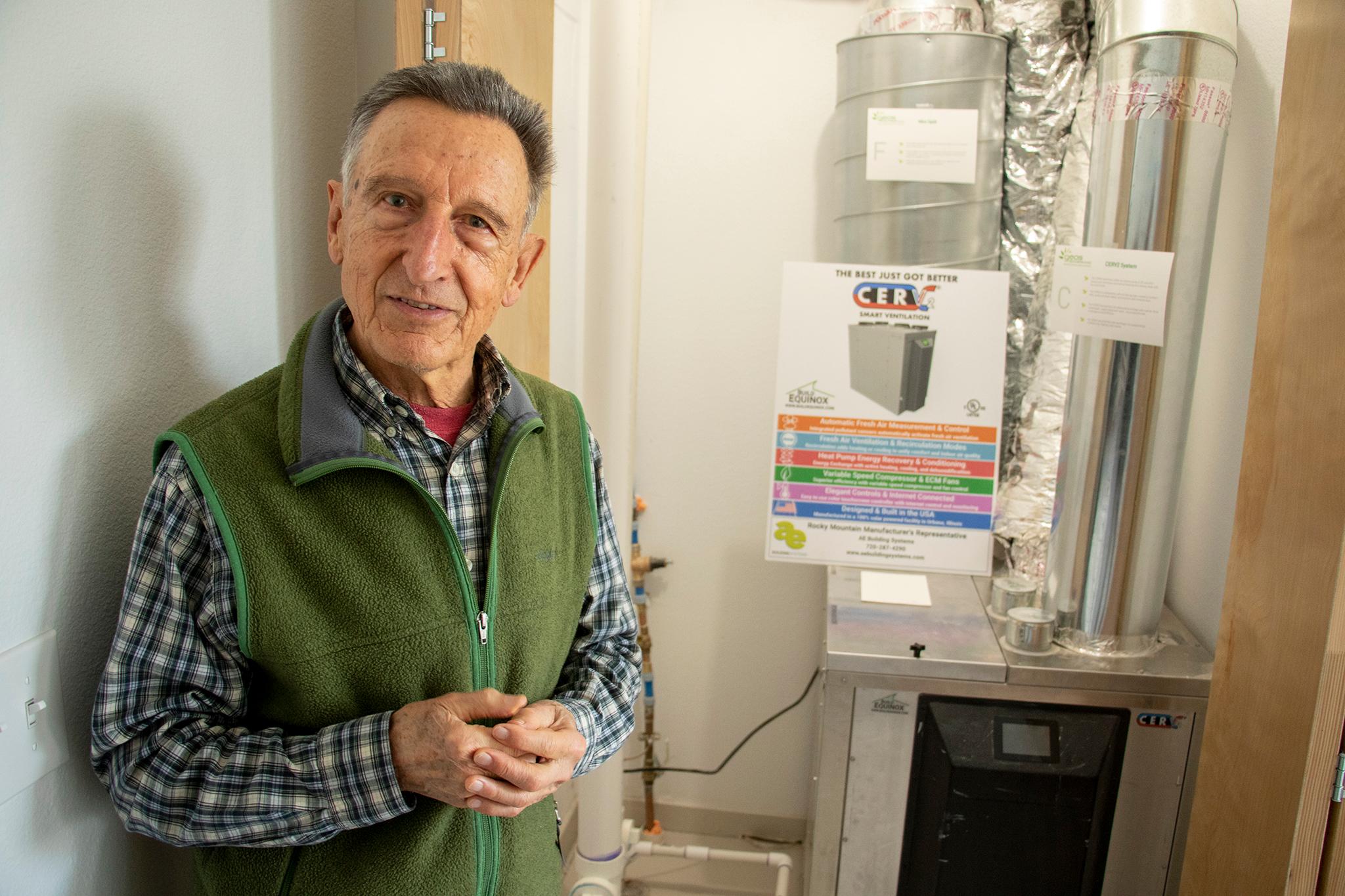
Energy-efficiency means the savings keep coming for buyers.
Jonathan Root, a photographer who works from home, and his wife, Shana Root, a psychology master's student at Naropa University, saw their monthly heating bills drop from more than $200 a month during the winter in their old Boulder home to an average of about $30 a month after they moved to the Geos neighborhood in 2017.
Klebl's goal is for his homes to use so little energy and produce so much that utility bills would be no more than the $7 monthly fee that Xcel charges to connect houses to the grid. Jonathan Root, who said the difference for his family might be the infrared sauna they installed, is considering adding solar panels.
"My wife and I both had for a long time wanted to live in a sustainable house," Root said."We're both big believers that there's got to be a lot of change" in the way people live.
When they happened upon Geos while looking at a more conventional housing development nearby, they were also drawn to the setting about halfway between Boulder and Denver. The homes are near an entrance to the Ralston Creek Trail, which leads to Old Town Arvada to the east and via Clear Creek Trail hooks up with the South Platte River. To the west, Ralston Creek joins the Fairmount hiking trail around North Table Mountain. Klebl envisions cafés and other small businesses set among his Geos homes one day, creating a walkable urban area with access to nature. A five-acre green belt, now weeded by Klebl's small herd of goats, will be maintained between the Geos homes and the trail.

"We were so excited about that kind of living," Jonathan Root said.
"We're sort of pioneers," he said, saying that can have its challenges as homeowners and developers work out the kinks of some new technology.
"That caused some stress, for sure," Shana Root said. "But it was worth it in the end because we love it here."
Her husband added: "Norbert wants to create good quality homes, but he also wants them affordable."
A homeowner and a developer on a first-name basis? That spirit of collaboration has also led to an informal LEAF electric car-sharing arrangement between Jonathan Root and Klebl.

